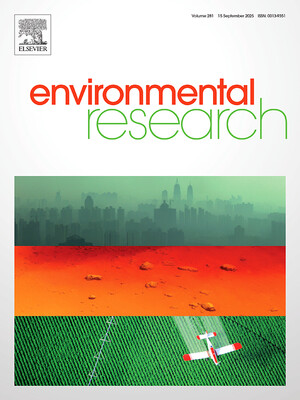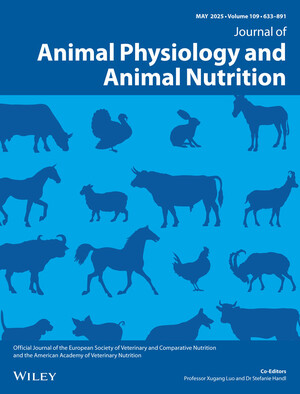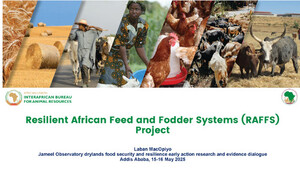
Land tenure and allocative efficiency in Niger
Abstract
The study uses field level data from Niger to investigate whether traditional land tenure systems are an impediment to allocative efficiency in agriculture. The paper begins with a brief review of the emperical evidence available on African and other parts of the world and then describes the land tenure system prevailing in the study region. Two simple tests of allocative efficiency are introduced. The first focusses on the transaction effect and the second test investigates the security effect of particular land contracts. It is found that yields are strongly influenced by manpower available to farming households, an indication that marginal returns to labour and land are not equalized across households and the results also show a nonsignificant relationships between manuring and whether or not local customs allow land sales. Results nevertheless show that farmers who cultivate both borrowed and own fields consistently divert manure toward the latters. The findings do no imply that a change in land tenure system is required.
Citation
American Journal of Agricultural Economics;78(2): 460-471










